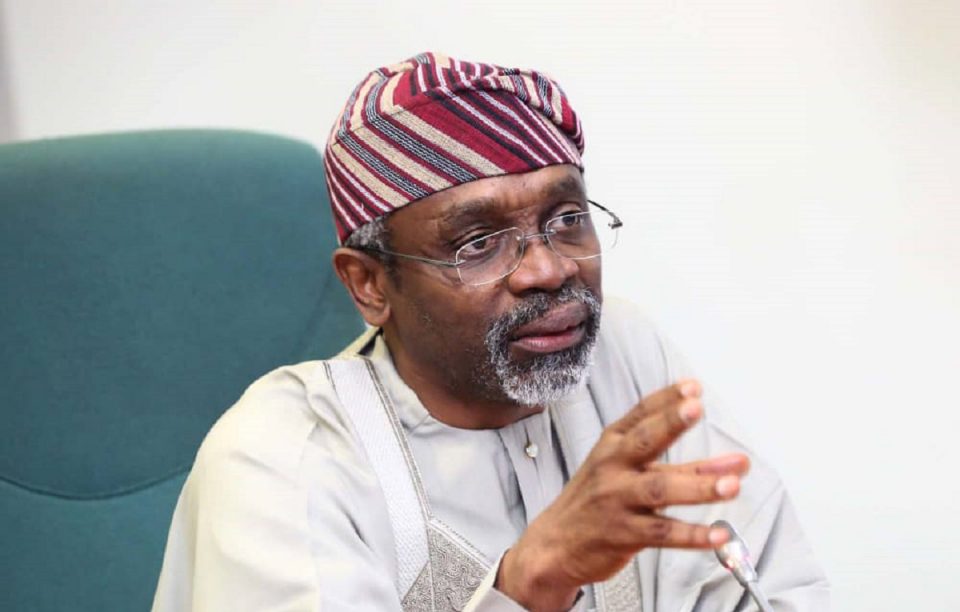Femi Gbajabiamila, Speaker of the House of Representatives, has expressed displeasure over the inability of the power sector to function optimally.
Gbajabiamila made the observation when he declared open a public hearing on the Electric Power Sector Reform Act (Amendment) Bill organised by the House Committee on Power in Abuja on Tuesday.
The bill was for an Act to establish Nigerian Institution of Power Engineers (NIPEN).
The speaker tasked the Federal Government on the need to ensure that the power sector perform optimally to stimulate the economy.
“Every Nigerian understands that the electric power sector in Nigeria is not performing optimally.
“Most people recognise that a situation where we cannot expect twenty-four-hour electricity in our cities and many rural areas remain wholly disconnected from the benefits of access to electricity is unacceptable.
“We all, for the most part, agree that it is the responsibility of the government to do something about this situation,” he said.
He noted that the Electric Power Sector Reform Act, 2005 was a substantial piece of legislation and remained the most significant statutory reform of the power sector in Nigeria for a generation.
“When it was written and passed into law, it was intended that the provisions of the Act would establish a new framework for optimal public-private sector collaboration to accelerate development in the power sector and promote efficiency across the power sector value chain.
“The extent to which these expectations have been met is one of the many issues in contention.
“Answering the question of what needs to be done to improve the Act so that it serves the best purposes of our country is the reason we have gathered here in this public hearing,” he added.
Speaking on the bill, the President NIPEN, Mr Israel Eseghogbon observed that by virtue of section 4, item 36 of the Exclusive List to 1999 Constitution (as amended), the National Assembly had powers to approve the creation of new professional disciplines.
He said the parliament had power to create professional regulatory bodies to guide the ethical and disciplined practice of such professions.
According to him, in exercise of such powers the National Assembly can enact the Chartered Institute of Power Engineers (CIPEN) as the special enactment on the regulation and practice of power engineering profession.
“From all the narrative proffered above that every industry has its professionals and the Electricity sector cannot be in isolation, considering it importance.
“If Nigeria wants to rise and become an advanced economy, it has to have its own industrial base and might.
“To reach that stage, one of the main criteria is that its power engineering practitioners or professionals thereof should be well versed in the latest skills and technological developments which will culminate in their ability to churn out products and exhibit processes competence in their chosen industry practice.
“To achieve that status, the only solution is the path of independent regulation for its professionals that will create an environment of excellence through professional self-regulation,” he said.
He said the bill sought to bring to the knowledge of all persons that power engineering practice was unique and different from electrical engineering science.
Eseghogbon said that Power Engineering practice was not base or limited only to those who studied Electrical Engineering science as graduates.
According to him, it is a multi-disciplinary engineering field made up of Mechanical, Electrical, Structural, Automation Engineering, among others, who are engaged in practice as power engineering as Practitioners.
“The bill seeks to bring to the knowledge of all persons that power engineering practice is unique and different from electrical engineering science.
“The former has over 20 specialist ‘distinct’ disciplines rolled into an industry, the latter is an amalgamation of different fields of Science including telecommunications, electronics, computers, control, instrumentation, communications, to mention but a few that are loosely related.
“This bill seeks to position the regulation of power industry practitioners in Nigeria as a unique case and set apart from the general practice of electrical engineering in Nigeria.
“In view of the status of the power industry, and the need to ramp up the development, this Act is expected to focus only on the power industry activities, the practitioners therein and how these can be insulated from the negative politics plaguing the industry,” he said.
On his part, Chairman, House Committee on Power, Magaji Aliyu, said the public hearing was a necessary stage in lawmaking.
He said the outcome of the hearing would enable the committee to address gaps in the existing laws to strengthen the Nigerian power sector for efficient service delivery



